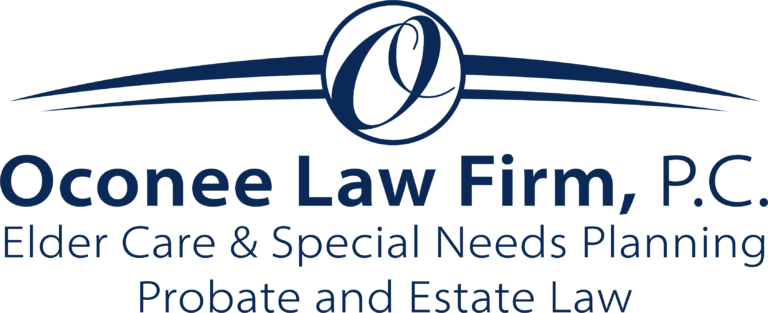Is Assisted Living or Memory Care a Better Choice?
Forbes’ recent article entitled “Assisted Living vs. Memory Care: Which Is Right for You?” explains that assisted living is a long-term care facility that lets seniors remain independent, while providing help with daily tasks. It often provides a small apartment, housekeeping, community meals and activities.
It’s critical to thoroughly review the support needs and challenges facing the person you’re supporting and to try to look honestly at what’s working and what’s not.
The best candidate for assisted living is a person who needs assistance with their activities of daily living but still has their reasoning skills intact. Residents can enjoy socialization and activities with people their own age. This helps with isolation after spouses and friends are no longer with them.
Assisted living residents frequently require personal care support. However, these seniors are able to communicate their needs. Residents may receive help with taking medicine, bathing, toileting and other activities of daily living, or ADLs.
Memory care facilities are secured facilities that serve the needs of those with some form of dementia. These facilities typically have smaller bedrooms but more available, open and inviting common spaces. Research shows the way memory care facilities are designed can be helpful in easing the stressful transition from home to a long-term care community. This includes softer colors, a lack of clutter and clear signage.
Confusion and memory loss can cause anxiety. That’s why having a predictable routine can help. As dementia progresses, a patient may forget how to do normal activities of daily living, such as brushing their teeth, eating, showering and dressing. Memory care facilities ensure that these needs are met.
A memory care facility typically has a smaller staff-to-patient ratio because an individual suffering from dementia has greater care needs. Staff will frequently undergo additional training in dementia care.
A memory care facility isn’t always a standalone community. Assisted living or skilled nursing homes may have a separate memory care wing where seniors get the same socialization and activities but with 24/7 protection.
If possible, having both options in one facility can be a plus because the person can start in a less restrictive type of setting in assisted living with the option to transition to memory care as needs, abilities and interests are changed by the condition.
Both types of care have some autonomy but help with hygiene and medication management. However, staff in a memory care unit is specifically trained to work with people with cognitive impairments.
Reference: Forbes (Aug. 16, 2021) “Assisted Living vs. Memory Care: Which Is Right for You?”
Suggested Key Terms: Elder Law Attorney, Long-Term Care Planning, Assisted Living, Nursing Home Care, Disability, Elder Care, Caregiving, Dementia, Alzheimer’s Disease

